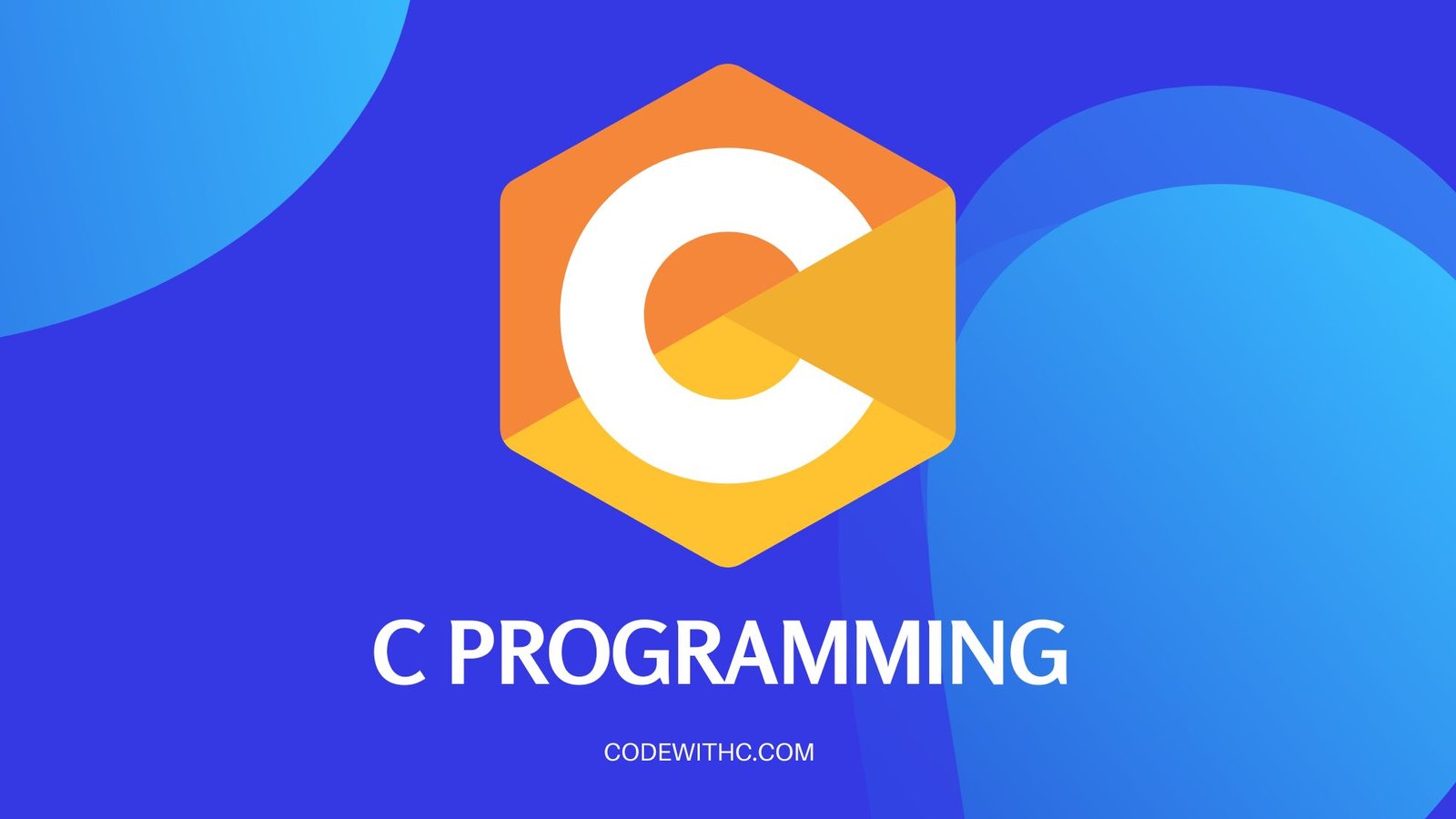Hey, code enthusiasts! ? In the universe of C programming, functions reign supreme. But, have you ever thought about having pointers… to those functions? Today, we’re uncovering the magic of function pointers and their role in crafting callbacks. Buckle up!
Function Pointers Unveiled
In C, functions have their own memory addresses, just like variables. A function pointer, as the name suggests, is a pointer that points to the address of a function.
The Syntax
Here’s how you declare a function pointer:
return_type (*pointer_name)(parameter_list);
For instance, for a function with the prototype int func(int, double), a pointer would look like:
int (*funcPtr)(int, double);
Making Use of Function Pointers
Function pointers aren’t just for show; they’re incredibly versatile in practice.
Assigning and Invoking
Given a function:
int add(int a, int b) {
return a + b;
}
int main() {
int (*addPtr)(int, int) = add;
int sum = addPtr(5, 3); // This will result in 8
printf("%d", sum);
return 0;
}
Code Explanation:
- We declare a function pointer
addPtrand assign theaddfunction to it. - We then use the function pointer to invoke the function and get the result.
The Majesty of Callbacks
Callbacks are functions passed as arguments to other functions. They’re a way to inject custom behavior into general-purpose functions.
A Practical Demonstration
Imagine a function that sorts an array. Depending on a condition, it might sort in ascending or descending order.
int ascending(int a, int b) {
return a - b;
}
int descending(int a, int b) {
return b - a;
}
void sort(int* arr, int size, int (*compare)(int, int)) {
for (int i = 0; i < size - 1; i++) {
for (int j = i + 1; j < size; j++) {
if (compare(arr[i], arr[j]) > 0) {
int temp = arr[i];
arr[i] = arr[j];
arr[j] = temp;
}
}
}
}
int main() {
int data[5] = {3, 1, 4, 1, 5};
sort(data, 5, ascending);
for (int i = 0; i < 5; i++) {
printf("%d ", data[i]);
}
return 0;
}
Code Explanation:
- We have two comparator functions:
ascendinganddescending. - The
sortfunction uses a callback to decide the sorting order. - In our
mainfunction, we use theascendingcomparator to sort thedataarray.
Why Use Function Pointers?
- Flexibility: They allow functions to be selected dynamically at runtime.
- Customizability: Callbacks enable us to provide custom behavior to standard functions.
- Modularity: By using function pointers, we can write more general-purpose, reusable code.
Wrapping Up: Navigating the Highways of C with Function Pointers
Alright, pals, let’s park for a second and reflect. ??
Function pointers in C? Man, they’re like the turbo boosters in the world of coding. I mean, who would’ve thought we could jazz up our C code by pointing to functions and revving up dynamic invocations? It’s like swapping out the engine of your old sedan for a roaring V8 while you’re still cruising on the highway. ?
Now, let’s chat about callbacks. Imagine you’re DJing at a party, and instead of picking every track, you let the crowd throw in song requests. That’s your code jamming to the beats of callbacks! They’re the crowd pleasers, letting your main function groove, while the callbacks decide the rhythm. And man, does it make your code dance!
But, hey, it’s not all sunshine and rainbows. ?️ With all this power, you gotta be sure you’re not pointing to some shady alley in memory town. Remember, a wrong turn can lead you into a coding cul-de-sac, and nobody wants to be stuck there.
In the grand tapestry of C, function pointers are those vibrant threads that make the design pop. They challenge the norms, push the boundaries, and, honestly, make coding a wild ride.
So, next time you’re in the coding driver’s seat, remember to take the function pointer detour. Trust me; it’ll make your journey a heck of a lot more scenic!







